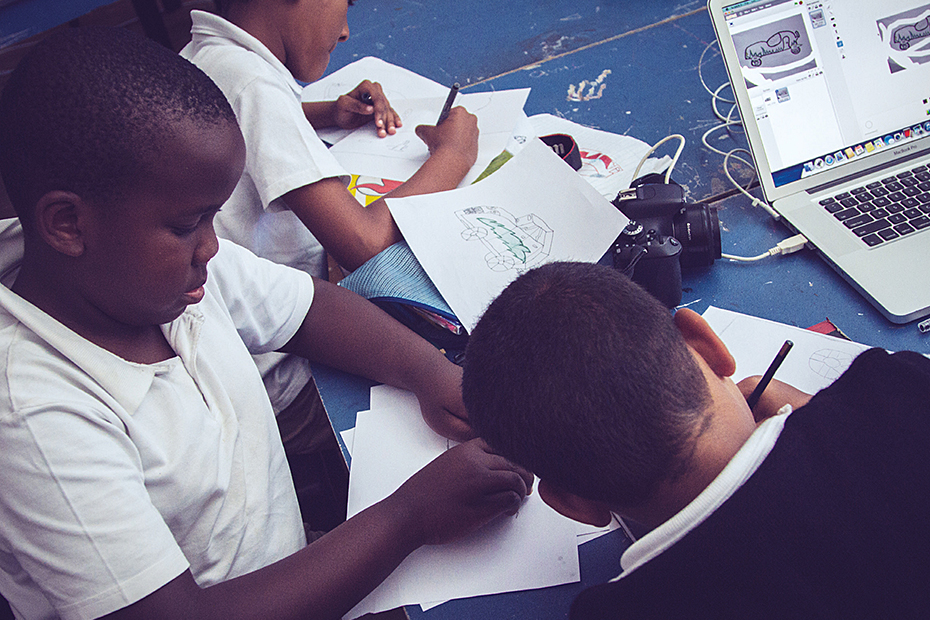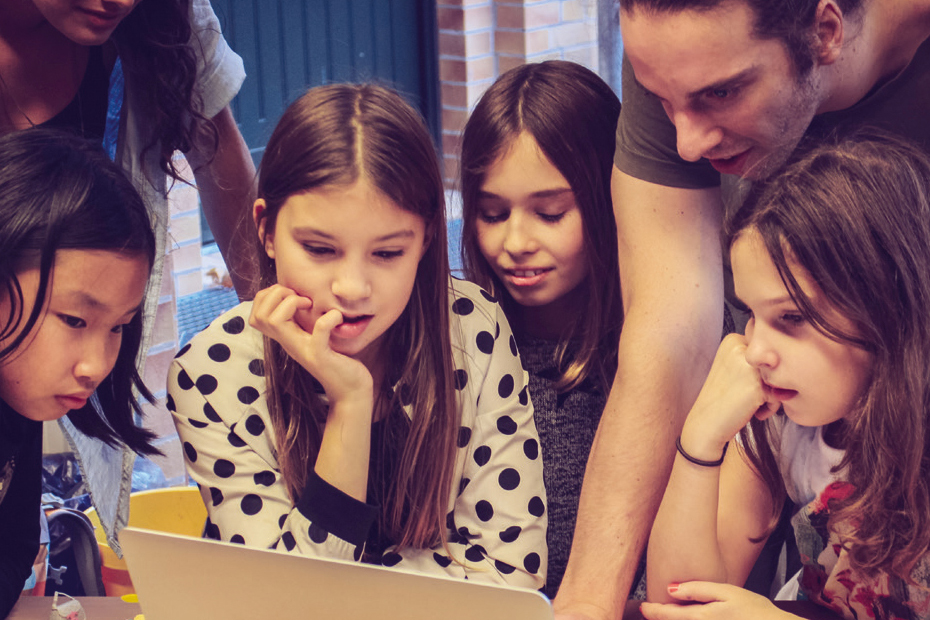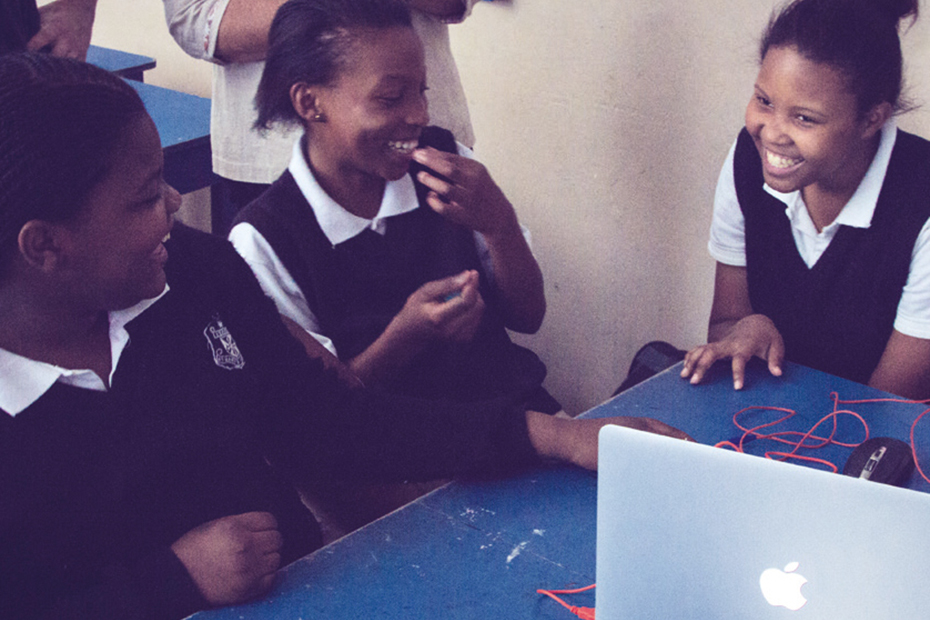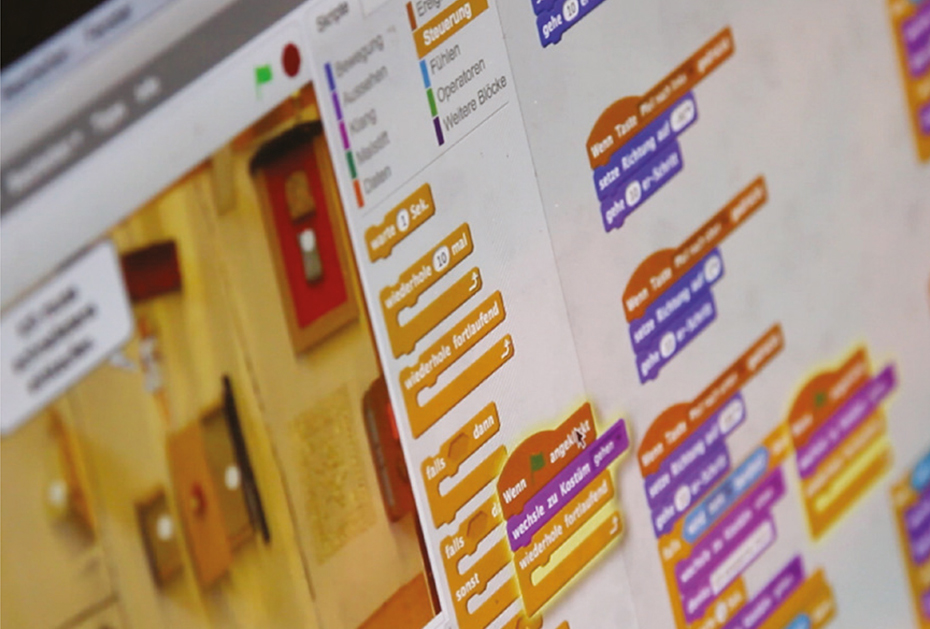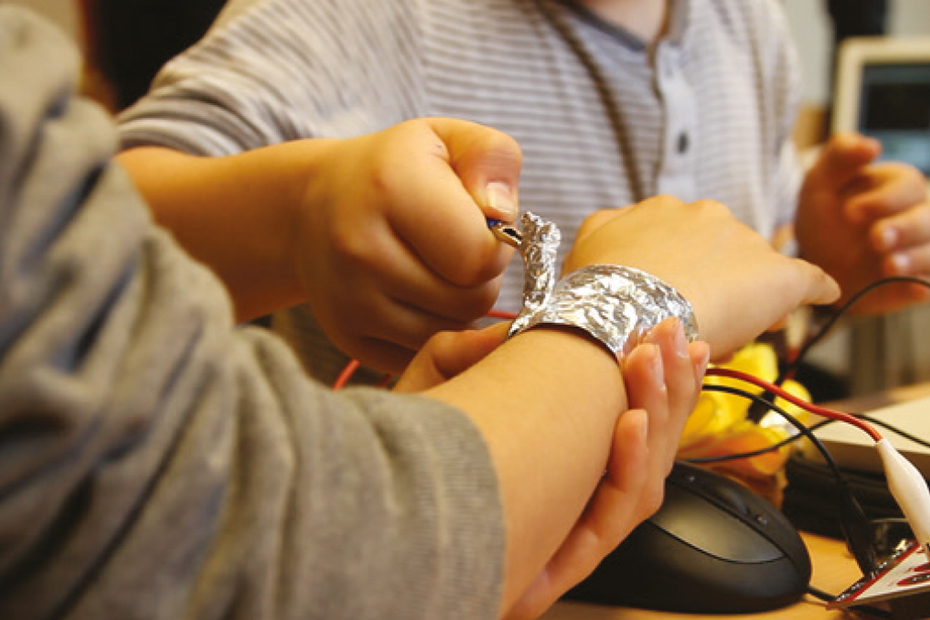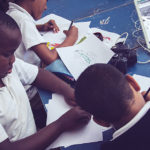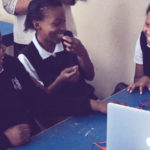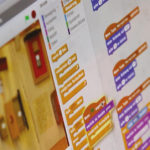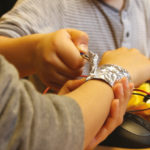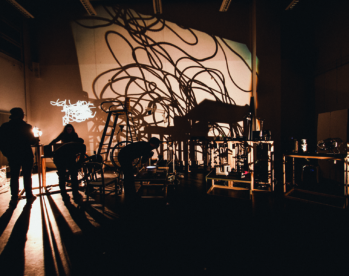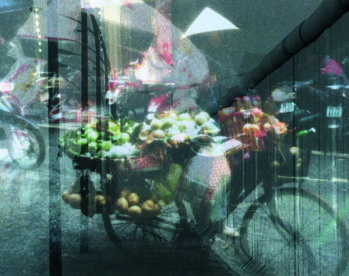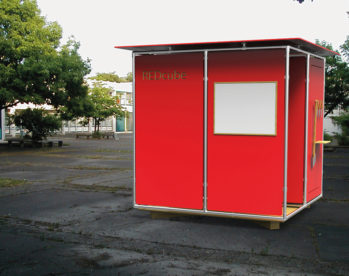Two cultures, two languages, two unique socioeconomic environments, two primary schools: Together with a Cape Town-based NPO, we enabled pupils from Germany and South Africa to design their own computer games. The project explored how digital games can support intercultural learning goals and computer skills of children in a cross-continental context.
In co-operation with The Learning Innovation Design Lab, we provided a create/code/learn lab – a physical and virtual space where pupils from two continents collaborated and learned from each other and made creative coding experiences. Involving two primary schools, one in Cape Town and one in Berlin, the project team prepared and hosted coding workshops using appropriate software. Guided by students, teams of 3-4 pupils developed tiny games. In different workshops titled Game Jams they went through a whole design process, from developing an initial idea (ideation) up to prototyping and testing of their games. Through evaluating the process, a toolkit was developed that will enable schools all over Germany and South Africa to set up their own learning lab. This toolkit is currently tested in Cape Town.
Goals for the Pupils
1. Intercultural Understanding
Pupils from two continents shall get to know each other. They shall discover the differences and the similarities of their cultures and lifestyles and develop strategies to overcome linguistic and cultural barriers.
2. Technology and media literacy
Pupils will make first experiences with programming in a playful manner to get an understanding on how code works. They will develop creative ideas, as well as a consciousness of risks of the “digital revolution”, a critical, as well as a productive relation to their digital environment. The project shall help them to become responsible citizens of the next society instead of being only consumer.
Outcomes for KISD Students
Besides working as a facilitator and enabler, the students learnt to reflect the role of design in today’s society. Furthermore, they found a link between technology and culture and understood how to host workshops with a specific user group of young pupils. Finally, they enhanced their skills in coding and prototyping, as well as making a first step into teaching.


